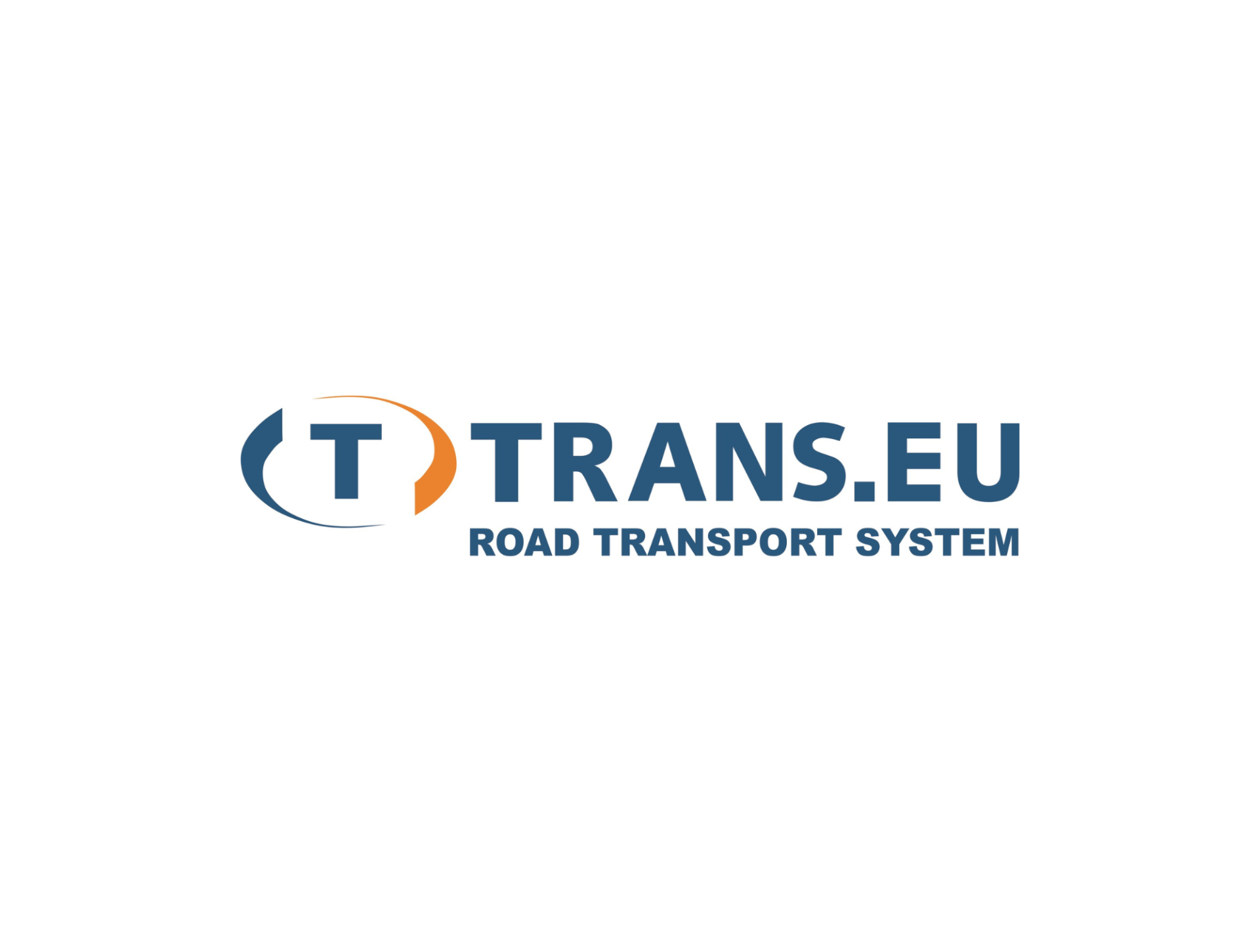
Collaboration – the key element in the decarbonization strategy for 2025
As environmental regulations evolve, implementing an effective decarbonization strategy is essential for any company’s long-term success. Organizations that integrate sustainability into their operations not only comply with regulations but also gain significant cost savings and a competitive edge in the market.
As many industries align with the goals of the Paris Agreement, such as reducing CO2 emissions by 45% by 2030, companies that do not adapt risk falling behind. "Decarbonization is not just a regulatory requirement, but an opportunity to reduce costs and increase competitiveness", says Razvan Nica, CEO of Carbon Tool. This opportunity translates into savings in energy costs and improved supply chain efficiency.
The logistics sector’s role in decarbonization
The logistics and industrial market in Romania is expanding rapidly, with industrial and logistics stock projected to surpass 8 million square meters by the end of 2025. Infrastructure improvements, including over 1,100 km of operational highways, along with Romania’s Schengen accession, are driving increased investment in the sector. However, this growth must be managed sustainably.
Currently, over 90% of Romania’s logistics and industrial space is owned by investors with integrated ESG strategies. Companies in this sector are focusing on reducing Scope 3 emissions, which originate from supply chain activities and can represent up to 90% of a company’s total carbon footprint. By implementing robust sustainability measures, businesses can enhance operational efficiency, reduce costs, and increase stakeholder trust.
Decarbonization is not an isolated process. Companies must collaborate with their suppliers and partners to reduce emissions throughout the entire supply chain. "Sustainability must be integrated across the entire supply chain and in all company processes," states Razvan Nica, emphasizing the importance of collaboration to achieve decarbonization goals.
Key benefits of decarbonization for logistics companies
Decarbonization strategies unlock a range of competitive advantages:
- Reducing internal costs through increased energy efficiency.
- Optimizing supply chain processes to lower emissions and improve efficiency.
- Minimizing emissions-related costs by streamlining sustainable operations.
- Enhancing brand value by demonstrating a commitment to sustainability.
- Securing green financing, as banks and investors prioritize companies with strong ESG commitments.
- Complying with evolving regulations while staying ahead of competitors.
Steps to implementing a decarbonization strategy
- Measuring Emissions: Companies must first track their direct and indirect emissions. Digital tools like Carbon Tool help businesses analyze emissions data efficiently.
- Setting Clear Goals: Aligning emissions reduction targets with global benchmarks ensures measurable progress and long-term sustainability.
- Developing an Action Plan: Immediate measures (e.g., energy-efficient buildings and LED lighting) should be combined with long-term strategies like process innovations.
- Implementing and Monitoring: Continuous tracking of emissions reduction efforts is essential to adjust strategies as needed.
- Transparency and Reporting: Detailed sustainability reporting strengthens investor and consumer trust while ensuring regulatory compliance.
In 2025, companies that integrate decarbonization into their strategy will have a significant advantage in the market. See how Carbon Tool can help you achieve your decarbonization goals by visiting our website, www.carbontool.com, and contact us for more details.




